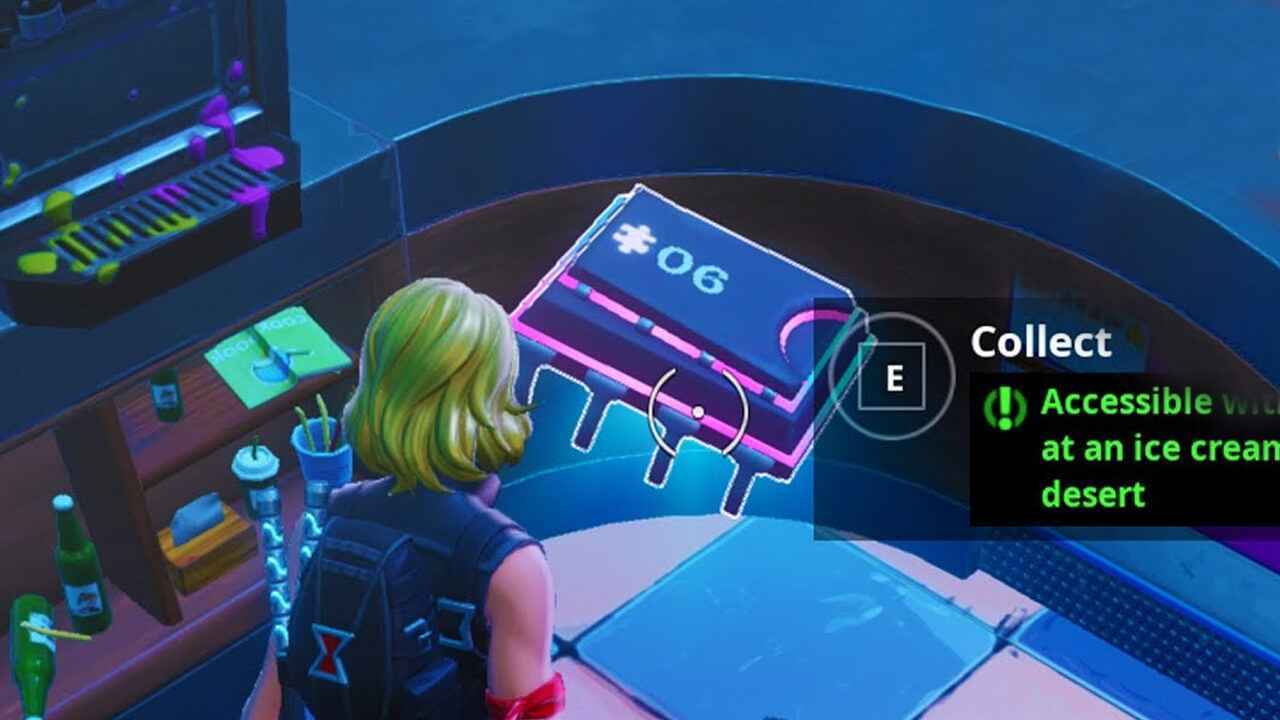In a fast-paced world filled with distractions, it’s no wonder that children with attention disorders often struggle to thrive. But what if there was a way to promote positive mental health practices in these children?
A way to empower them and provide the tools they need to succeed? Enter behavioral therapy.
Through clear language, rules, and routines, as well as teaching coping skills, children with ADHD can learn to navigate the challenges that come their way. But it doesn’t stop there.
Positive reinforcement, partnerships with pediatricians, and even complementary medicine approaches all play a role in promoting mental wellness. Join us as we delve into the strategies that can truly make a difference in the lives of these children and their families.
Behavioral Therapy For Children With ADHD
Behavioral therapy is a highly effective approach for children with attention deficit hyperactivity disorder (ADHD). This form of therapy focuses on modifying behavior through various techniques and strategies.
By addressing specific behaviors associated with ADHD, behavioral therapy helps children develop the skills they need to manage their symptoms and improve their overall mental health.
One key aspect of behavioral therapy is its emphasis on positive reinforcement and rewards. This technique involves praising and rewarding children for desired behaviors, such as following instructions or completing tasks.
By reinforcing positive behaviors, children are motivated to continue engaging in them, which can lead to improved self-esteem and a sense of accomplishment.
Moreover, behavioral therapy also involves teaching children coping skills to help them manage their ADHD symptoms. These skills may include strategies for improving focus and attention, regulating emotions, and organizing tasks.
Through regular practice and guidance, children can develop effective coping mechanisms that support their mental well-being.
Importance Of Behavioral Intervention Training
It is essential for both children and parents to receive behavioral intervention training when dealing with attention disorders like ADHD. By equipping parents with the knowledge and skills to effectively manage their child’s symptoms, the entire family can work together towards the child’s well-being.
Parents learn strategies for setting clear language and rules, celebrating successes, creating structure and routines, and teaching coping skills.
Behavioral intervention training not only empowers parents but also helps them create an environment that is conducive to their child’s mental health. By implementing consistent strategies at home and in various settings, parents provide their child with the necessary support they need to thrive.
Parents should actively seek out therapists or professionals who specialize in behavioral therapy for children with ADHD. These professionals can provide guidance and support throughout the treatment process, ensuring that parents feel equipped and confident in promoting their child’s positive mental health practices.
Four Key Strategies For ADHD Management
When it comes to managing ADHD, there are four key behavioral strategies that are particularly effective:
These strategies, when implemented consistently, can significantly improve a child’s ability to navigate daily challenges associated with ADHD and promote positive mental health practices.
Positive Reinforcement And Reward Systems
One of the core principles of behavioral therapy for children with attention disorders is the use of positive reinforcement and reward systems. These techniques involve providing praise, rewards, or privileges to encourage and reinforce desired behaviors.
Positive reinforcement can take many forms, such as verbal praise, tokens, stickers, or special privileges. The key is to identify the specific behaviors that are being targeted for improvement and provide immediate feedback and rewards when the child exhibits those behaviors.
By implementing a reward system, parents and caregivers can motivate children to engage in desired behaviors consistently. This not only boosts the child’s self-esteem, but it also helps them develop a sense of accomplishment and self-motivation.
It is crucial to ensure that rewards are tailored to the child’s interests and preferences. Each child is unique, so finding the right incentives that resonate with them is essential for the success of the positive reinforcement approach.
Scheduling Mental And Physical Breaks
In addition to implementing behavioral strategies and a positive reinforcement system, it is vital to incorporate regular mental and physical breaks into a child’s daily routine. These breaks provide essential downtime and allow children with ADHD to recharge, refocus, and manage their energy levels.
By scheduling these breaks, parents can help their child develop self-awareness and self-regulation skills. These breaks can involve engaging in relaxing activities, such as listening to calming music, reading a book, or engaging in sensory play.
Physical breaks, such as short bursts of exercise or outdoor play, can also help release excess energy and improve focus.
It is essential for parents, caregivers, and educators to collaborate and create a supportive environment that encourages these breaks. By incorporating these breaks into a child’s daily routine, their mental well-being can be better supported, leading to improved attention and overall positive mental health.
In conclusion, promoting positive mental health practices in children with attention disorders such as ADHD requires a comprehensive approach that includes behavioral therapy, behavioral intervention training for parents, and the implementation of various strategies such as clear language and rules, celebrating successes, creating structure and routines, and teaching coping skills. Positive reinforcement and reward systems, along with scheduling regular mental and physical breaks, further enhance the effectiveness of these practices.
By actively promoting positive mental health in children with attention disorders, we set them on the path to long-term well-being and success.



